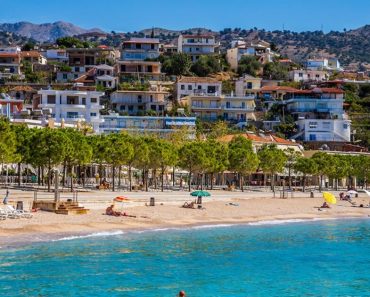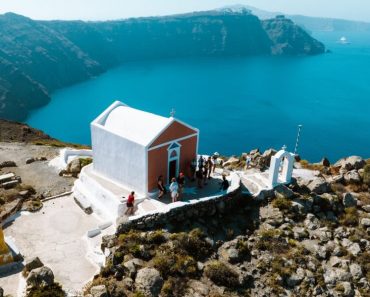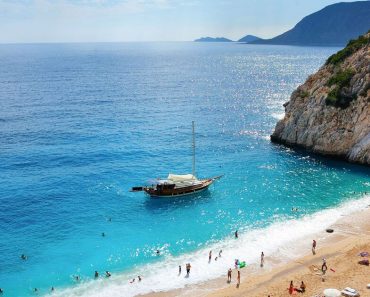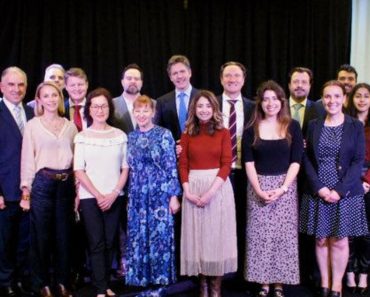
During the opening of the EU-27 Summit in Brussels on Thursday, Prime Minister Kyriakos Mitsotakis emphasized Greece’s pivotal role in safeguarding the Greek Orthodox community in Syria and Lebanon, along with the importance of preserving Syria’s sovereignty and territorial integrity.
Mitsotakis: Syria should protect religious and ethnic minorities
Mitsotakis pointed to Syria, where rebels overthrew the government after a long civil war that saw hundreds of thousands of refugees fleeing, many going through Turkey to get to Greece, where they are being kept in detention camps.
He said whatever emerges in Syria would be a government that’s inclusive and ensures the protection of all religious and ethnic minorities. The Greek PM did not indicate how that could happen among religious zealotry.
He said that Greece will protect the Greek Orthodox community in Syria and Lebanon amid worries that violence is getting out of control, with Israel in the Gaza Strip hunting for Hamas terrorists and battling Hezbollah in Lebanon.
“I will brief my counterparts about my visit to Lebanon and mainly about the concern that exists in both Lebanon and Syria regarding the need to protect the various religious minorities,” he said.
“And I am referring in particular to the Greek Orthodox in Lebanon but primarily in Syria, who fall under the jurisdiction of the Patriarchate of Antioch. The most important thing right now for Syria is to ensure the territorial integrity of the country and for the new government to be a government that is first and foremost inclusive, which will support and safeguard the rights of religious minorities.
“And obviously, Europe must come to this discussion with a unified view, and Greece will have a decisive role in shaping the European approach to issues concerning Syria.”

Need to strengthen European defense
In the face of instability in the Middle East, the ongoing Russian invasion of Ukraine, and political volatility, the EU can no longer rely on its “soft power” approach of diplomacy and needs a defense plan, Greek Prime Minister Kyriakos Mitsotakis said.
Speaking as he arrived in Brussels for a meeting of EU leaders, he said that the bloc, which has no common military force like NATO, “needs to allocate more resources for common European defense.”
He added: “Many European countries are starting to address this issue with a sense of urgency,” adding that “Greece has been a key player in shaping the EU’s defense policy” and urging a backup to diplomacy, which has frequently failed.
“A common understanding is the need to support the economic and geopolitical dynamics of our continent. Whether we are talking about improving competitiveness following the recommendations of the Draghi report, or strengthening defense capabilities so that the EU can independently deter potential threats,” he said.
“Greece has been a leading player in the establishment of a more active defense policy of the European Union. We will have the opportunity to discuss these issues at an Extraordinary Summit in February. It is absolutely clear to me that Europe must allocate more European resources for its common European defense,” he said.

The meeting of EU leaders to conclude 2024 is especially important now he said because of all the issues and with uncertainty over the policies of US President-elect Donald Trump, who has threatened to take the US out of NATO.
“From the election of Donald Trump in the United States to the ongoing war in Ukraine and from the crisis in the Middle East and developments in Syria to the EU’s relations with the global South, I think the need to support the economic and geopolitical dynamics of our continent is a common position in the European Council,” he said, reported Greece’s state Athens-Macedonia News Agency AMNA.
Related: Syria’s Winners and Losers: Geopolitics Amid the Chaos







